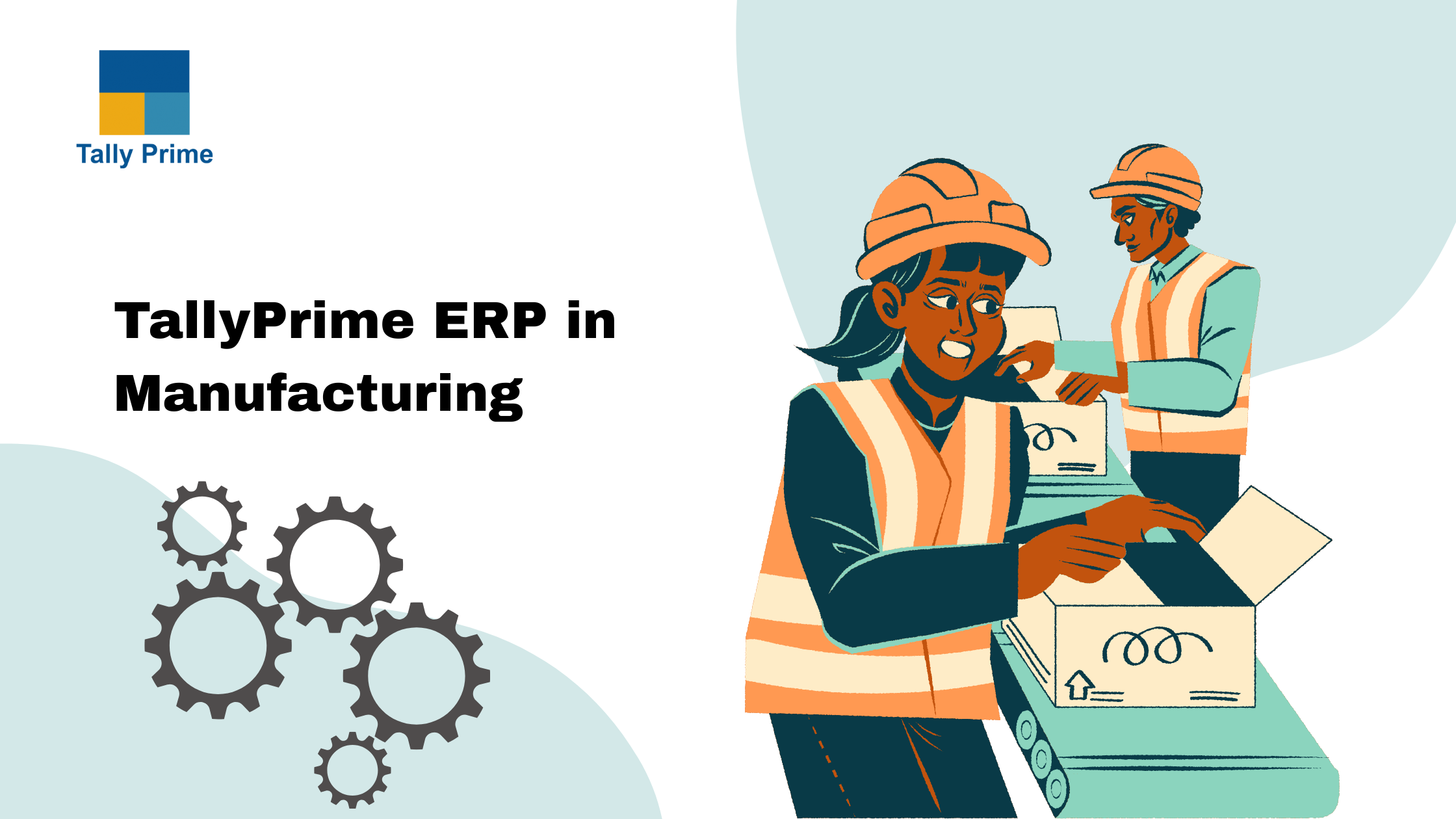I. Introduction
Manufacturing is one of the most complex sectors in today’s economy. From sourcing raw materials to planning production schedules, managing inventory, and ensuring timely delivery, manufacturers face countless challenges every day. Inefficiencies, manual errors, delays, and a lack of coordination across departments can lead to increased costs, missed deadlines, and dissatisfied customers.
In this fast-paced environment, manufacturers need tools that streamline operations, improve visibility, and support agile decision-making. Enterprise Resource Planning (ERP) systems offer exactly that—a comprehensive solution that integrates every step of the manufacturing process, from production planning to final delivery. Let’s explore how ERP helps manufacturers overcome common challenges and build a more efficient and resilient operation.
II. Understanding ERP in Manufacturing
At its core, ERP is a software platform that brings together data and processes from various departments into one unified system. In manufacturing, this means connecting procurement, production, inventory, finance, and logistics so that decisions are informed, timely, and aligned.
ERP systems are essential for manufacturers aiming to remain competitive. With fluctuating market demands, rising costs, and increased customer expectations, manufacturers must be agile, scalable, and data-driven. ERP provides the tools to achieve this by offering real-time visibility, automation, and analytical insights.
Key ERP modules for manufacturing include:
-
Production Planning – streamlining workflows and ensuring optimal resource utilization.
-
Inventory Management – tracking raw materials, work-in-progress, and finished goods.
-
Procurement – automating supplier interactions and purchase orders.
-
Finance and Costing – managing expenses and profitability.
Logistics and Delivery – ensuring on-time shipments.
Together, these modules create a seamless operational environment.
III.Streamlining Production Planning
One of the biggest hurdles in manufacturing is production planning. Without accurate data, manufacturers struggle to forecast demand, allocate resources, and meet delivery timelines.
ERP systems centralize data from sales forecasts, historical trends, and customer orders to provide accurate demand forecasting. This helps manufacturers plan production runs more effectively, allocate machinery, and schedule workforce shifts based on actual requirements rather than guesswork.
Capacity planning is another crucial aspect. ERP helps manufacturers assess machine availability, downtime, and labor needs, allowing them to reduce bottlenecks and avoid idle resources. With improved planning, consistency in production is ensured, and costly delays are minimized.
IV. Optimizing Inventory Management
Inventory management plays a vital role in manufacturing efficiency. Overstocking leads to unnecessary holding costs, while stockouts halt production lines and delay deliveries.
ERP provides real-time tracking of both raw materials and finished goods, allowing manufacturers to maintain optimal inventory levels. Automated reorder points notify managers when supplies are running low, ensuring timely restocking.
Batch tracking, lot management, and traceability features further enhance compliance and quality control. ERP systems also help in managing returns, warranties, and expiration dates, reducing wastage and improving accountability.
V. Improving Procurement Processes
A manufacturer’s procurement process involves coordinating with multiple suppliers, negotiating pricing, and ensuring timely material availability. These tasks become complex without the right tools.
ERP automates purchase orders, supplier communications, and approvals, reducing paperwork and human errors. It provides accurate costing data, helping businesses negotiate better deals and manage budgets efficiently.
Additionally, procurement schedules are aligned with production plans, ensuring that materials are available when needed, without causing delays or idle time.
VI. Efficient Scheduling & Workforce Management
Managing people and machines effectively is critical for meeting production targets. ERP systems help by assigning tasks based on priority, machine availability, and employee expertise.
Manufacturers can monitor machine utilization, downtime, and maintenance schedules to ensure equipment is always running at peak performance. Workforce productivity is tracked through shift planning, attendance management, and labor forecasting.
With this data, idle time is reduced, throughput is improved, and operational efficiency is enhanced.
VII. Smooth Dispatch and Delivery
Even with perfect planning and production, delays in shipping can frustrate customers and disrupt supply chains. ERP bridges this gap by coordinating logistics and dispatch.
Shipping schedules are aligned with production timelines, while integrated tools help manage transport, warehouses, and last-mile delivery. Real-time updates ensure that teams are aware of any disruptions and can respond quickly.
This level of coordination leads to timely deliveries, improved customer satisfaction, and enhanced service reliability.
VIII. Real-Time Reporting and Analytics
Data without insights is of little value. ERP systems not only collect data but also transform it into actionable reports that help manufacturers make informed decisions.
Through dashboards and analytics tools, manufacturers can monitor production efficiency, cost variations, and delivery performance in real time. This enables proactive decision-making, problem-solving, and strategic planning.
ERP also supports quality control by tracking defects, production waste, and customer feedback, helping businesses refine their processes and improve outcomes continuously.
IX. Conclusion
ERP transforms manufacturing by connecting every process—from production planning to inventory management, procurement, scheduling, and delivery—into a single, cohesive system. The result is better coordination, reduced costs, improved efficiency, and higher customer satisfaction.
For manufacturers looking to stay ahead in a competitive market, adopting ERP isn’t just an option—it’s a necessity. With integrated tools, real-time data, and automated processes, ERP helps businesses build resilience, scale operations, and deliver excellence at every stage of the supply chain.
Embrace ERP today and take your manufacturing operations to new heights of efficiency and performance.



